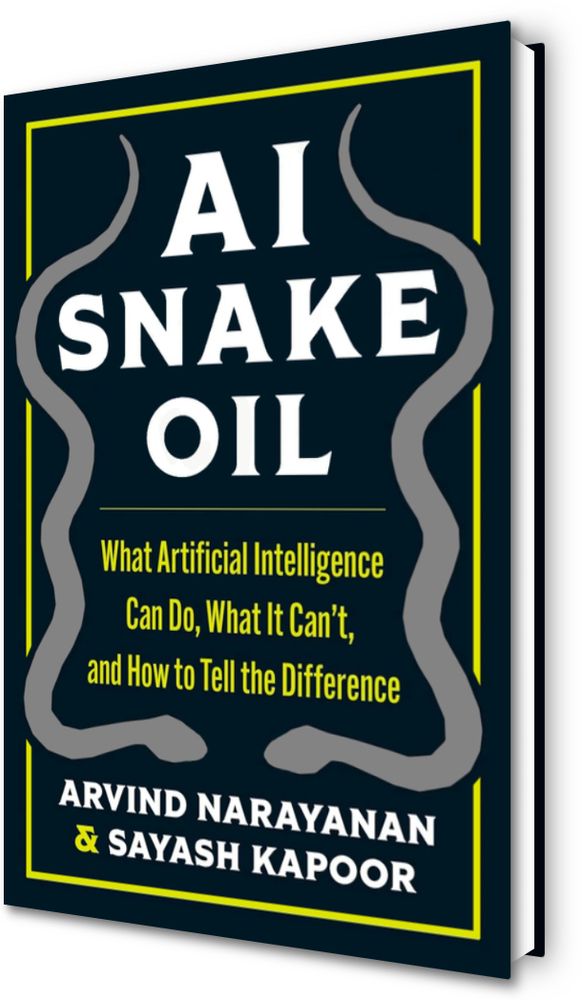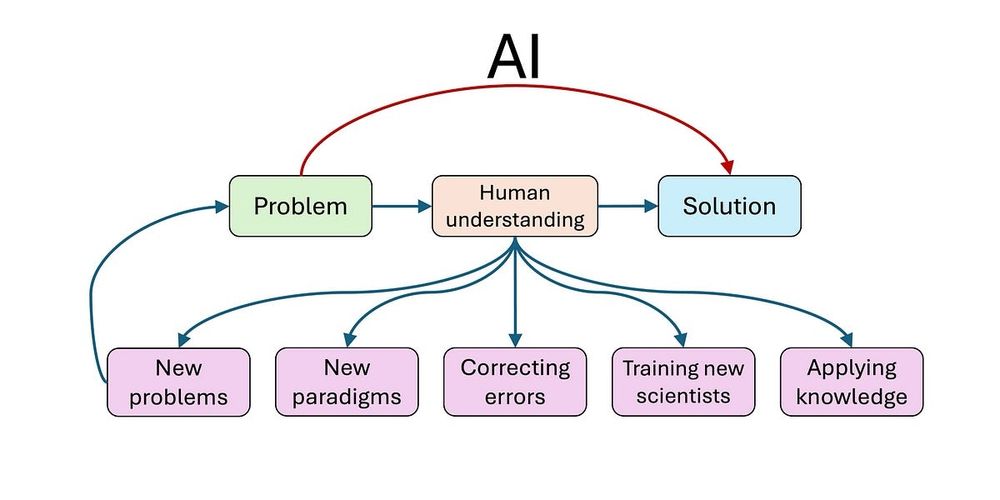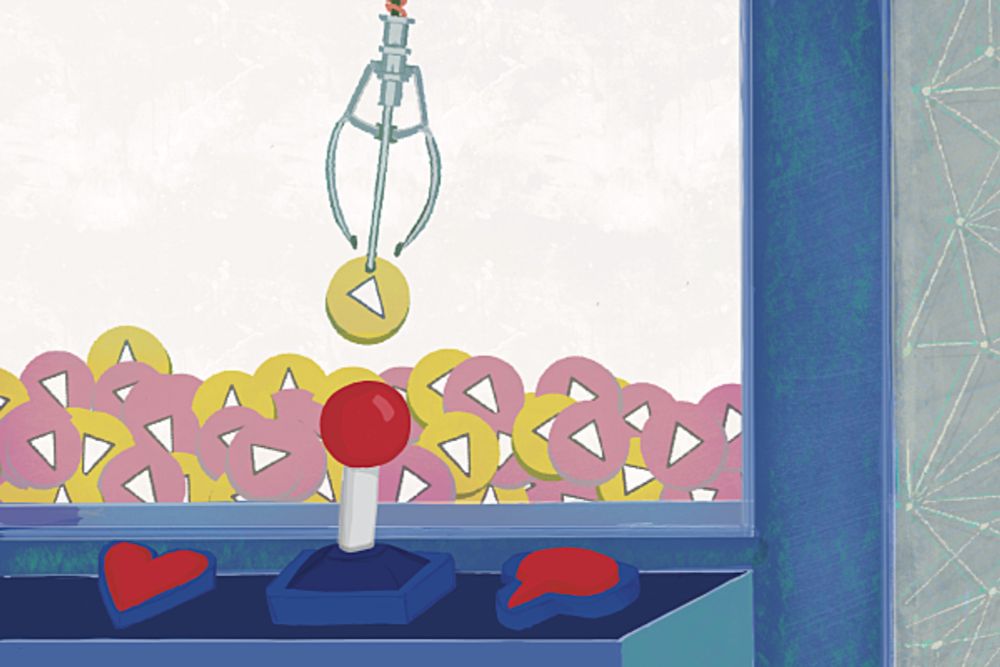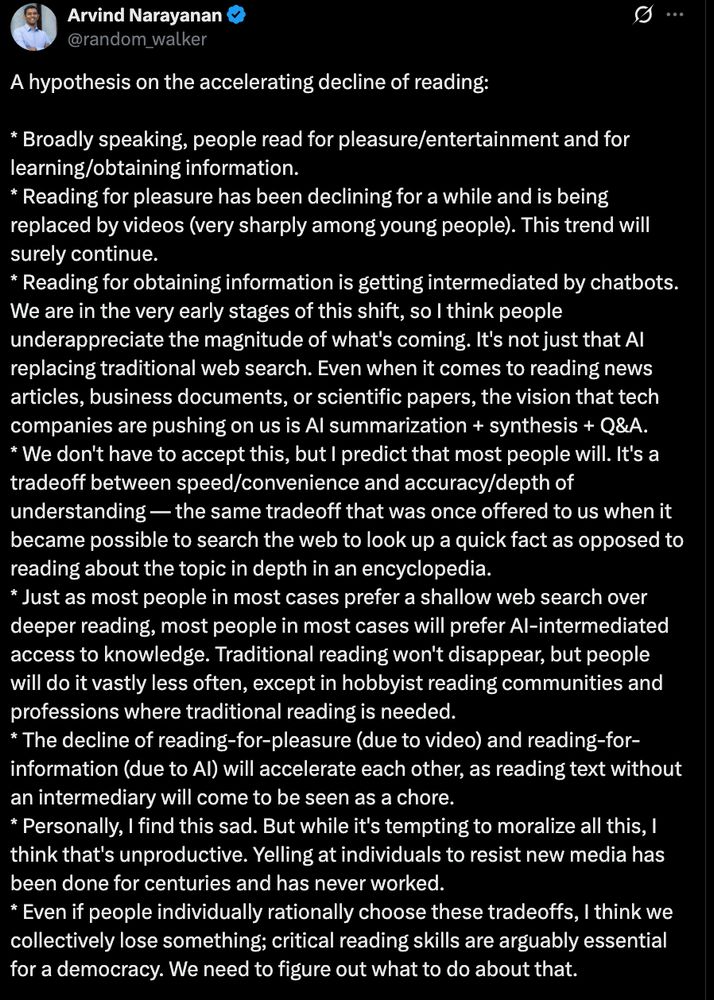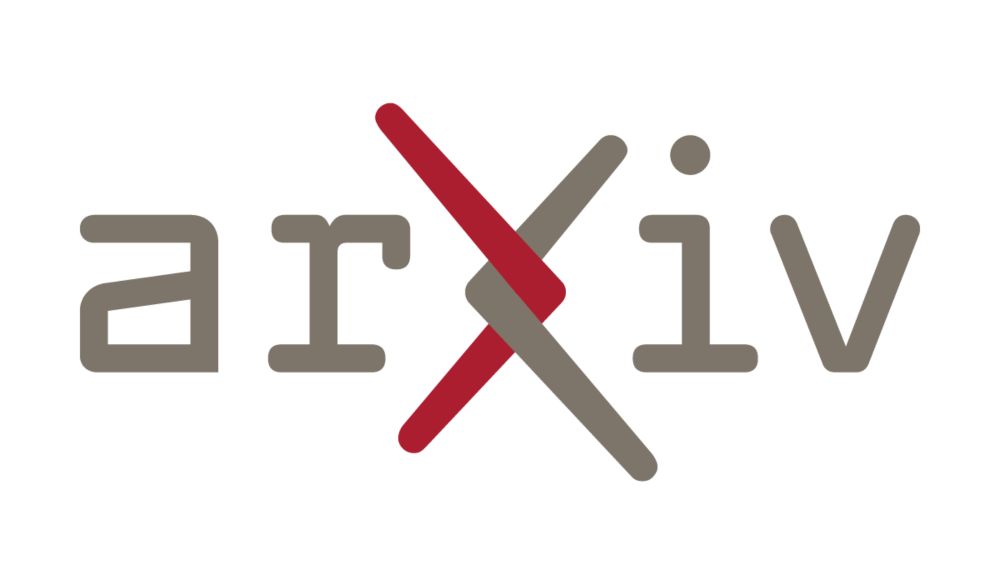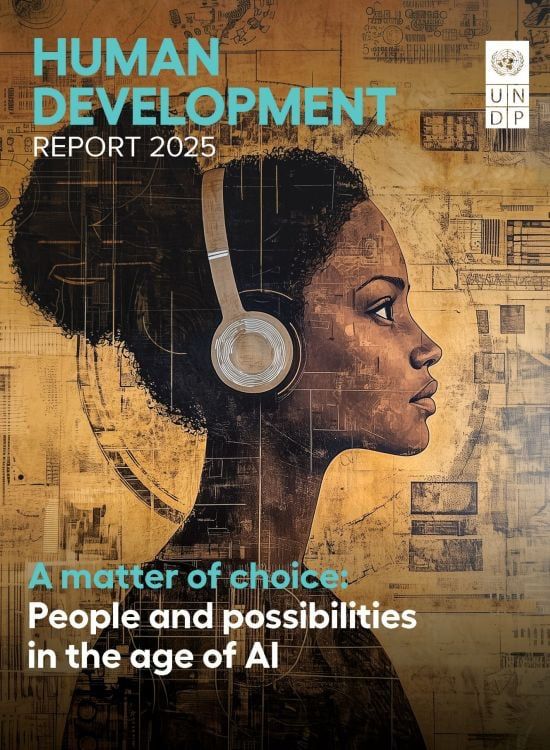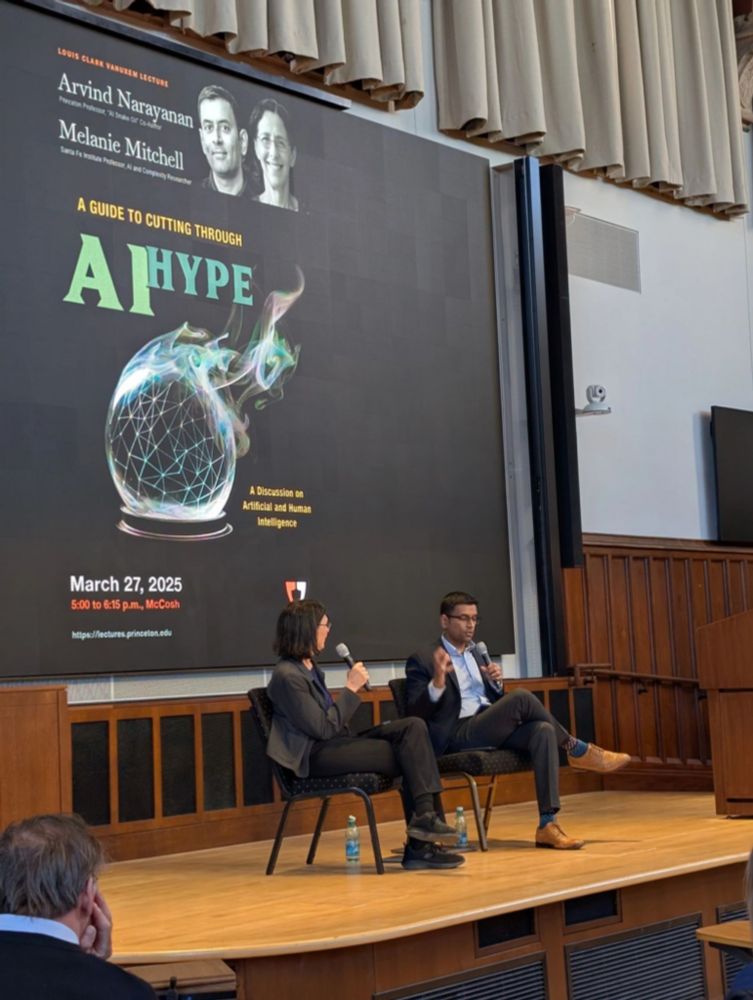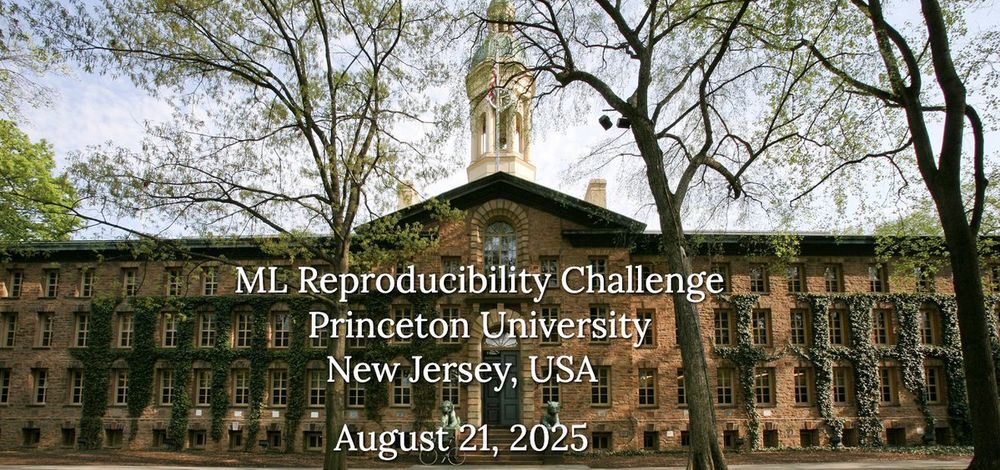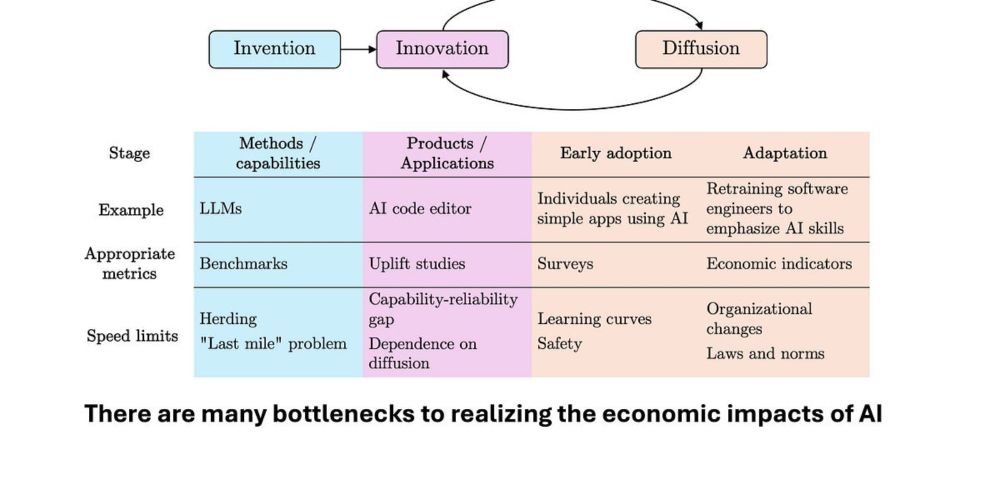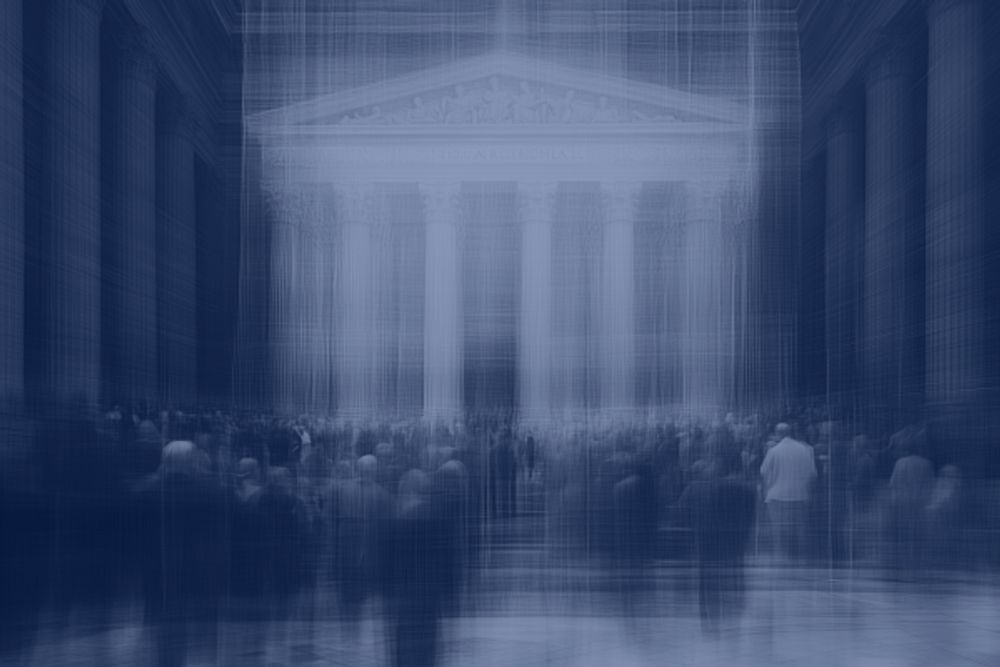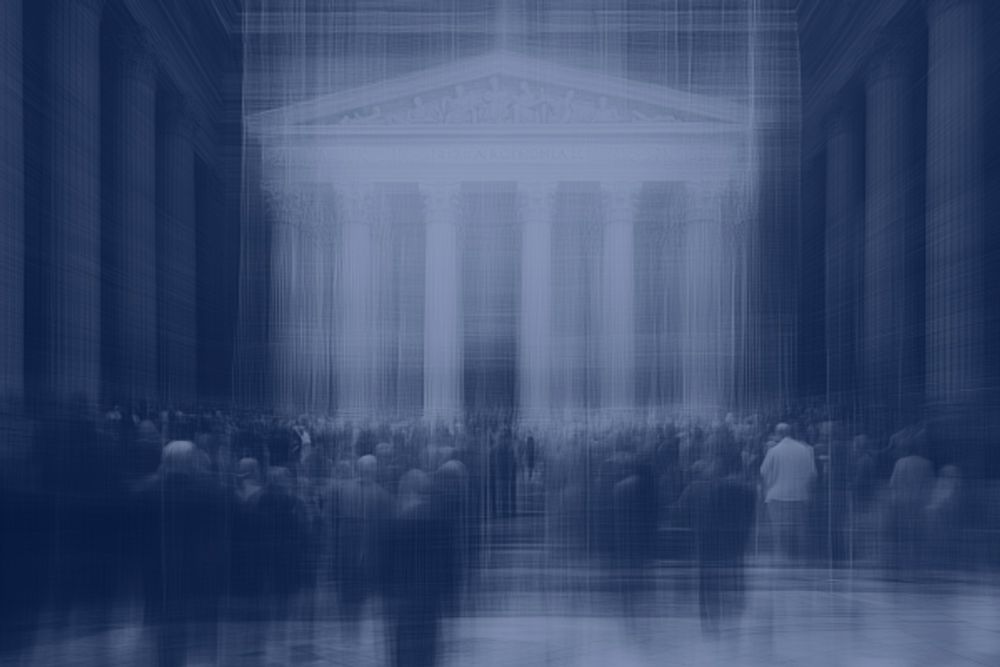Arvind Narayanan
@randomwalker.bsky.social
22K followers
100 following
140 posts
Princeton computer science prof. I write about the societal impact of AI, tech ethics, & social media platforms. https://www.cs.princeton.edu/~arvindn/
BOOK: AI Snake Oil. https://www.aisnakeoil.com/
Posts
Media
Videos
Starter Packs
Pinned
Reposted by Arvind Narayanan
Reposted by Arvind Narayanan
Reposted by Arvind Narayanan
Reposted by Arvind Narayanan
Reposted by Arvind Narayanan
Electronic Frontier Foundation
@eff.org
· Aug 19

Podcast Episode: Separating AI Hope from AI Hype
If you believe the hype, artificial intelligence will soon take all our jobs, or solve all our problems, or destroy all boundaries between reality and lies, or help us live forever, or take over the w...
www.eff.org
Reposted by Arvind Narayanan
Katy Glenn Bass
@katygb.bsky.social
· Aug 15

Podcast Episode: Separating AI Hope from AI Hype
If you believe the hype, artificial intelligence will soon take all our jobs, or solve all our problems, or destroy all boundaries between reality and lies, or help us live forever, or take over the w...
www.eff.org
Reposted by Arvind Narayanan
Reposted by Arvind Narayanan
Reposted by Arvind Narayanan
Reposted by Arvind Narayanan
Reposted by Arvind Narayanan
Ethan Mollick
@emollick.bsky.social
· May 26
Reposted by Arvind Narayanan
Reposted by Arvind Narayanan
Reposted by Arvind Narayanan
Reposted by Arvind Narayanan
Reposted by Arvind Narayanan
Reposted by Arvind Narayanan
Reposted by Arvind Narayanan
Reposted by Arvind Narayanan
Reposted by Arvind Narayanan
